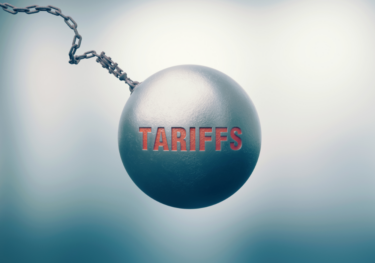Recent Release | 29 Sep 2022
The Relevance of Silver in a Global Multi-Asset Portfolio

Macro Consulting Team
Oxford Economics

This study examines whether silver should be viewed as a distinct asset class that warrants a strategic investment allocation within an efficient multi-asset portfolio.
In recent years, institutional investors have shifted substantial parts of their portfolios outside of core holdings of equities and bonds, with many now having exposure to non-traditional asset classes including commodities and gold. Silver is often overlooked in these asset allocation decisions in favour of gold, however, despite its return characteristics being sufficiently different from gold to possibly warrant investing in it separately.
This report analyses the investment performance of silver to determine whether it could play a role as a portfolio diversifier that provides value to investors. Building on this analysis, we examine whether silver should be viewed as a distinct asset class that warrants a strategic investment allocation within an efficient multi-asset portfolio. We find that investors would benefit from an average 4-6 percent silver allocation within their portfolio, significantly higher than current holdings of silver by most institutional and individual investors.
About the team
Our macro consulting team are world leaders in quantitative economic analysis, working with clients around the globe and across sectors to build models, forecast markets and evaluate interventions using state-of-the art techniques. Lead consultants on this project were:

Lloyd Barton
Associate Director, Macro Consulting

Padmasai Varanasi
Senior Economist, EMEA Macro Consulting
You might be interested in

Forecasting the Growth of Millennial Wealth in the U.S.
Consulting Report The Relevance of Silver in a Global Multi-Asset Portfolio You might be interested in
Find Out More
Inflation is on the rise in Saudi Arabia, should we be worried?
Saudi Arabia’s inflation rose to 2.3% in March, its highest level since July 2023, driven mainly by a faster rise in food and beverage prices.
Find Out More
No Liberation from Uncertainty in our IFRS 9 and CECL scenarios
The implementation of the US “Liberation Day” tariff hikes will have a significant impact on individual sectors and firms, even in the latest, scaled back, range. Although our initial assessment suggests a global recession will likely be avoided, assessing the implications on downside risks around the baseline forecast has become increasingly important.
Find Out More
Are GCC economies shielded from the latest US tariffs?
The US’s new 10% import tariff is unlikely to cause major disruption for GCC countries. The region sends just 3% of exports to the US, and energy shipments are exempt.
Find Out More